Directory
- Share
Ata Allah Elbizanti
- Scholar
- Libya
- 2024 PhD Physiology, Development and Neuroscience
- Gonville and Caius College

Ata Allah Elbizanti
- Scholar
- Libya
- 2024 PhD Physiology, Development and Neuroscience
- Gonville and Caius College
Growing up amidst the turmoil of Libya during the war, I used to observe how people reacted differently to the same environment; their mental health journeys diverging along unpredictable paths. I became mystified by the resilience and vulnerability of the human mind, and later earned a Psychology BA from the American University of Beirut as a MEPI-TL scholar.After pursuing a career in Psychosocial Support with the United Nations, I realised the roots of these issues delved far deeper than surface-level support could reach. I then earned an MSc in clinical Neuroscience from UCL as a Chevening scholar and worked as a research assistant at the University of Cambridge. My PhD utilises advanced In Vivo imaging and Optogenetic techniques to study specific neuronal circuit components in genetic mouse models of neurodevelopmental disorders and healthy mice during visually guided decision-making. My goal is to uncover what influences proficient and deficient sensory discrimination, fostering knowledge that destigmatises and guides tailored neuropsychiatric treatments, ultimately transforming patients' lives. Being a Gates scholar is both an honour and a responsibility, which I intend to uphold by bridging my research with activism.
Previous Education
University College London Clinical Neuroscience 2022
American University of Beirut Psychology 2020
Marcel Elias
- Alumni
- Canada
- 2013 PhD English
- Magdalene College
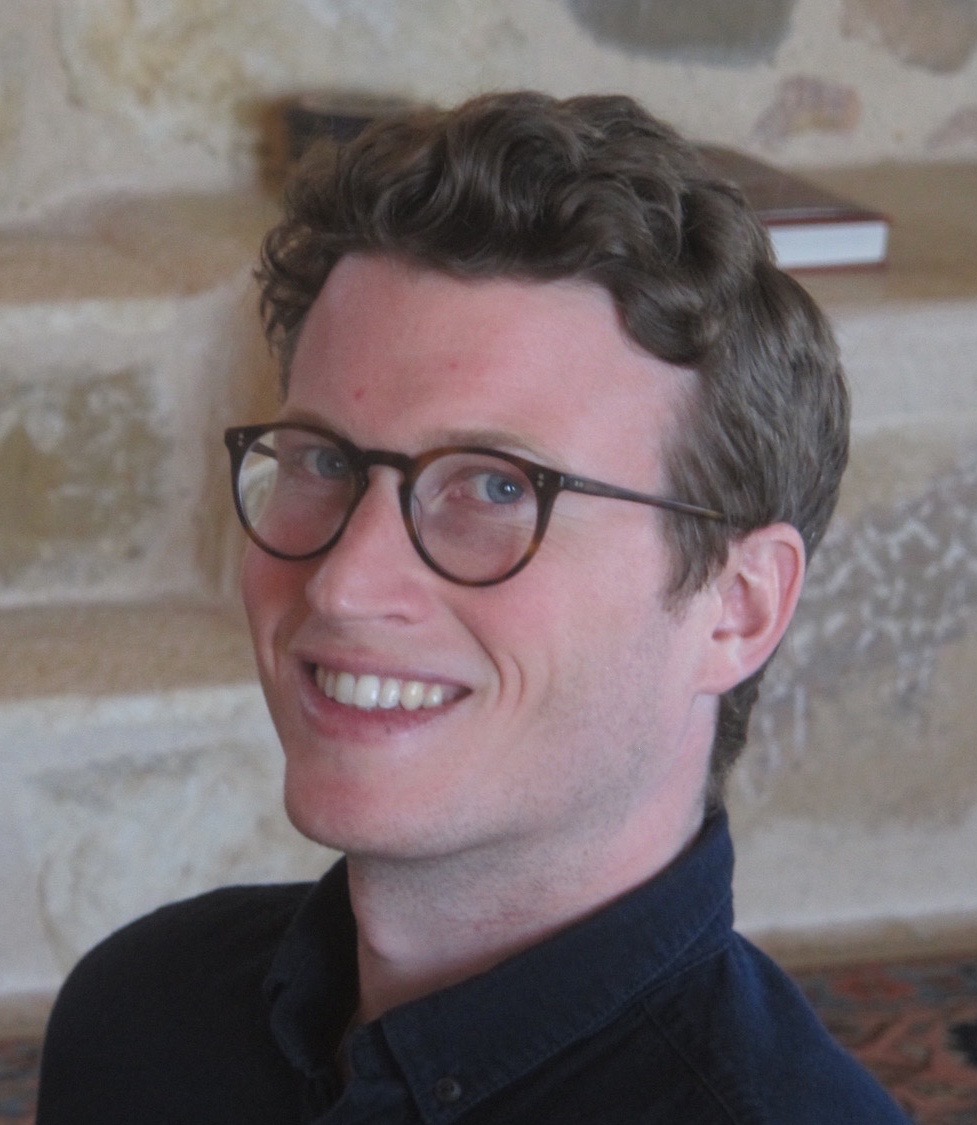
Marcel Elias
- Alumni
- Canada
- 2013 PhD English
- Magdalene College
I am currently completing a PhD dissertation entitled 'Emotional Rhetoric and Holy War in Middle English Romance'. From October 2016, I will be a Junior Research Fellow at St Catharine's College, Cambridge.
Julie Elkner
- Alumni
- Australia
- 2001 PhD History
- King's College

Julie Elkner
- Alumni
- Australia
- 2001 PhD History
- King's College
Trevor Ellison
- Alumni
- United States
- 2010 MBA Management
- Gonville and Caius College
Trevor Ellison
- Alumni
- United States
- 2010 MBA Management
- Gonville and Caius College
I am currently finishing my degree work in Health Economics and Public Policy at the Johns Hopkins Bloomberg School of Public Health before returning to my last two years of general surgery residency at Johns Hopkins.
Rana ElRashidy
- Alumni
- Egypt
- 2021 MPhil Architecture and Urban Studies
- Queens' College
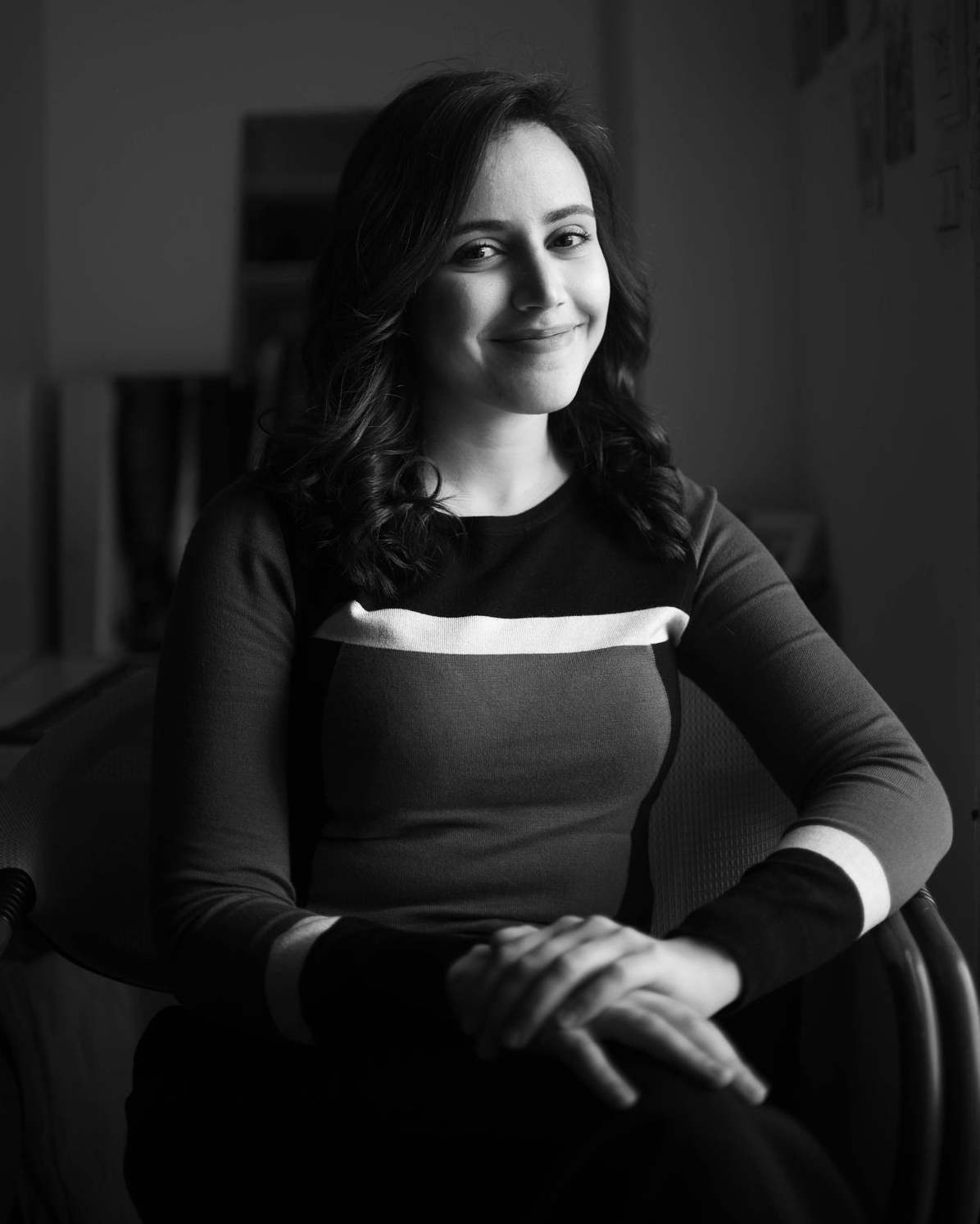
Rana ElRashidy
- Alumni
- Egypt
- 2021 MPhil Architecture and Urban Studies
- Queens' College
One saying sums up my conviction as a person and architect: "Many small people who in many small places, do many small things can alter the face of the world". As an undergraduate studying Architecture and Urban Design at the German University in Cairo, I have grown particularly interested in how urban space is deeply intertwined with socio-political dynamics. With most of the world residing in cities, I not only felt personally enmeshed as a citizen, or enthused as an urbanist, but I also feel deeply obliged to enhance the built environment and actively engage with the community across scales and social spectrums. I believe that this demands a continuous and thorough study of how cities function and are inhabited. As an Urban Studies student at Cambridge, I aim to research developing new cities and shed light on the Cairo unseen, by studying the often overlooked spatial manifestations of grassroots initiatives. I believe that academic efforts can and should inform more resilient approaches for policymakers and designers, to include the urban poor in Cairo and its many parallels worldwide. I believe it takes many small people with big ambitions and opportunities, such as the Cambridge Gates Fund, to impact the world.
Previous Education
German University in Cairo Architecture and Urban Design 2019
German University in Cairo Architecture and Urban Design 2017
Mohammed Elshafie
- Alumni
- Sudan
- 2004 PhD Engineering
- Hughes Hall
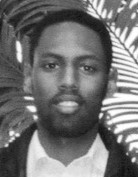
Mohammed Elshafie
- Alumni
- Sudan
- 2004 PhD Engineering
- Hughes Hall
My principal goal will be to contribute in the area of the prediction of construction related damage to nearby already-existing structures. I will be working to make the introduction of new infrastructure in highly congested rural areas a safe and well predicted job instead of a risky and costly task. Working in one of the best research groups in the world and living in a society which provides an endless source of inspiration, provides a very high potential for a valuable contribution.
Charles (Carl) Emogor
- Alumni
- Nigeria
- 2019 PhD Zoology
- St Edmund's College
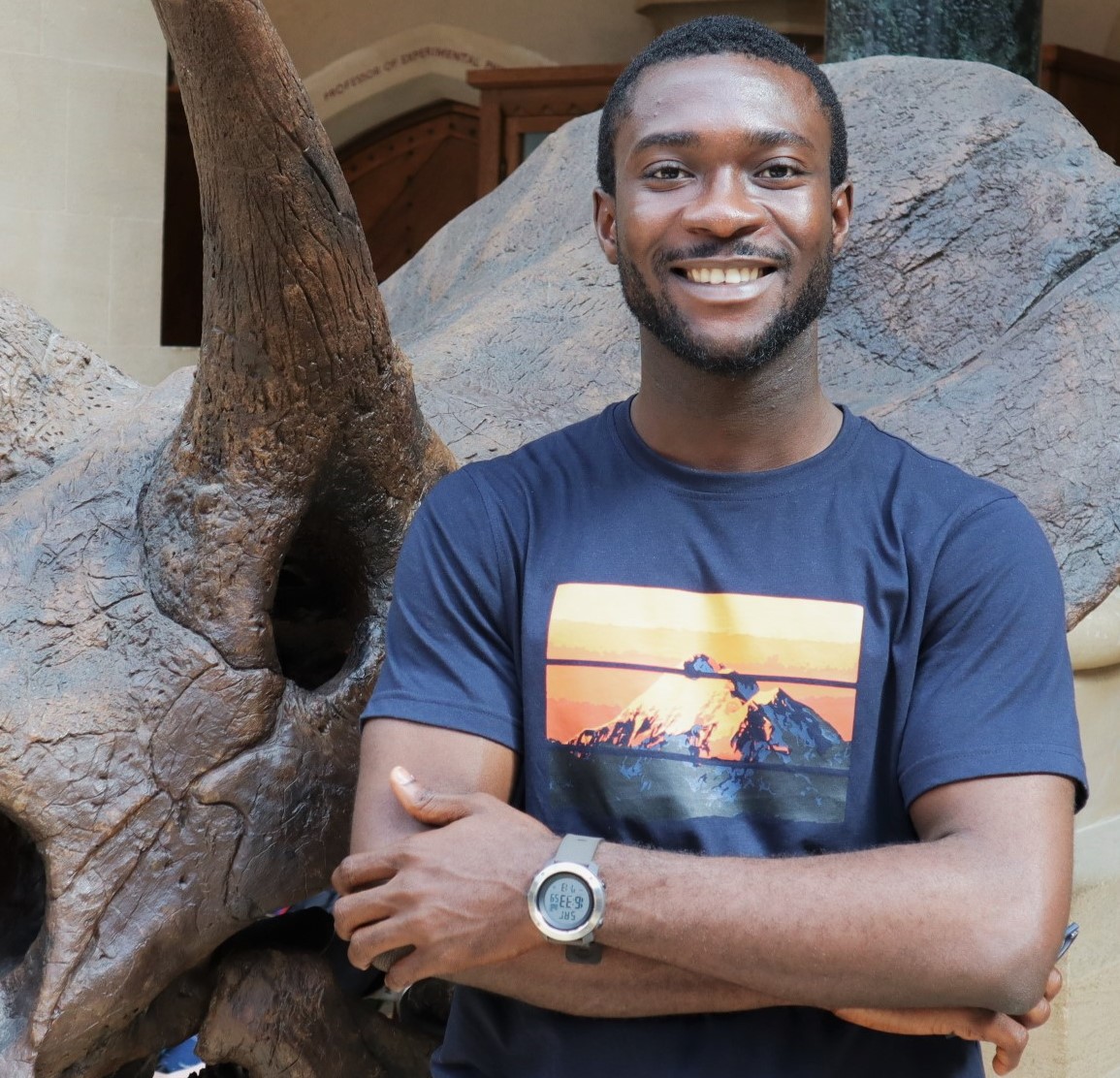
Charles (Carl) Emogor
- Alumni
- Nigeria
- 2019 PhD Zoology
- St Edmund's College
I have always been fascinated by wildlife and wild places since my childhood. Growing up in a rural community in Nigeria, I had the first-hand opportunity to interact with nature. Unfortunately, during my early teenage years, these places were fast disappearing, including the wild animals that lived in them. This was my motivation to study Forestry and Wildlife Management for my bachelor’s degree. After my degree in Nigeria, I completed the Durrell Endangered Species Management Graduate Certificate at the Durrell Wildlife Academy in Jersey, United Kingdom (validated by the University of Kent), and an MSc in Biodiversity, Conservation and Management at the University of Oxford. Focused on Cross River gorilla conservation in the Cross River rainforest, I worked for the Wildlife Conservation Society, Nigeria for about two years prior to my MSc.
During my Ph.D. in Zoology, I seek to understand the population dynamics and ecology of three pangolin species in Nigeria. My research also aims to understand the role Nigeria plays in the trade of pangolins which are currently the most illegally traded mammals. This study will shed important new light on the drivers and characteristics of the trade in pangolins in Nigeria which will be useful in implementing behavioural change interventions and enforcement actions against the trade.
Previous Education
University of Oxford Biodiversity, Conservation/Mgt 2019
The University of Kent Durrell Endangered Species Mgt 2018
Cross River University of Tech Forestry and Wildlife Mgt 2016
Zoljargal Enkh-Amgalan
- Alumni, Scholar
- Mongolia
- 2022 MPhil Social Anthropology
2023 PhD Social Anthropology - Wolfson College
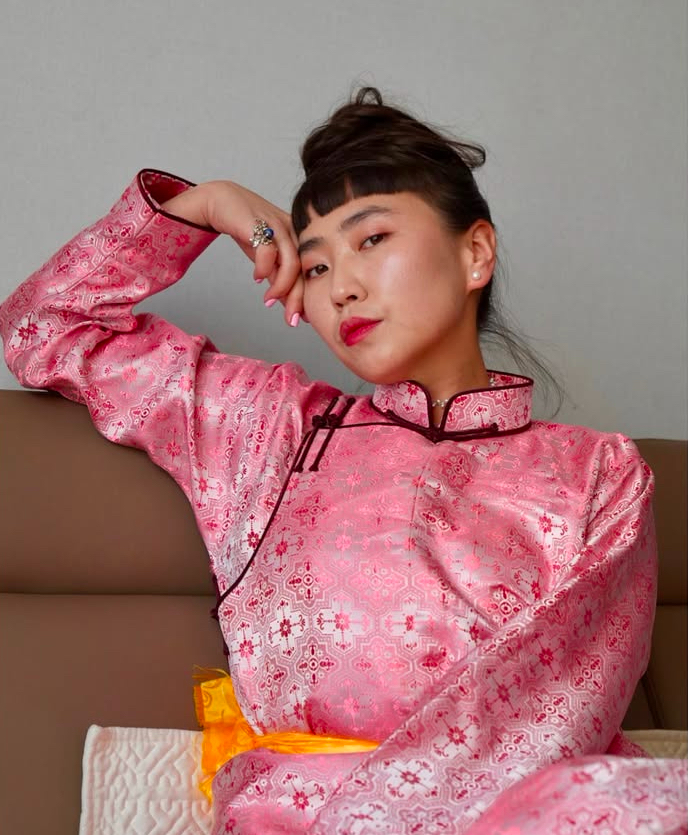
Zoljargal Enkh-Amgalan
- Alumni, Scholar
- Mongolia
- 2022 MPhil Social Anthropology
2023 PhD Social Anthropology - Wolfson College
At Cambridge University, where I am currently enrolled in an MPhil program and surrounded by hundreds of outstanding young academics, I find myself inspired by the youth voice. It is a great honor for me to be an awardee of the Gates Scholarship again for my PhD program in social anthropology at Cambridge. The experiences I have had both locally and internationally with youth culture have led me to recognize that youth politicisation and social movements are vital elements of our society. Socioeconomic hardships, unequal access to social and economic capital are the issues that underpin social movements in Mongolia. A study of Ulaanbaatar city focusing on its movements will assist us in understanding the complexities of social problems and political activism among citizens. In the broad scope, it covers many issues, including those related to social movements, the realisation of national identity, the impact of digital technologies, the relationship between citizens and the state, and the evolving political landscape.
Previous Education
University of Cambridge Social Anthropology 2023
Free University of Berlin Socialogy and Anthropology 2022
National University of Mongolia Sociology and Anthropology 2014
Katherine Enright
- Alumni
- United States
- 2023 MPhil Digital Humanities
- Trinity College
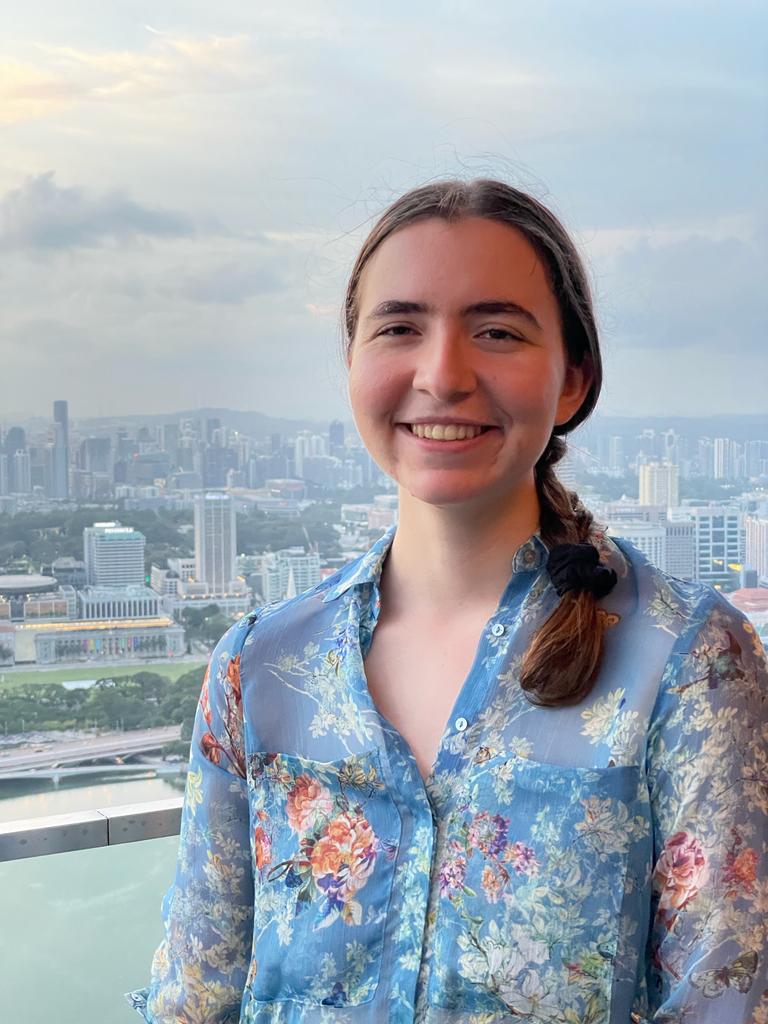
Katherine Enright
- Alumni
- United States
- 2023 MPhil Digital Humanities
- Trinity College
I grew up in Singapore, where I developed a fascination with history and a love for the natural world. At Harvard, I combined those two interests during my B.A. in History and Anthropology. I have a keen interest in how nature in Southeast Asia came to be understood as ‘science,’ and in histories of local knowledge and labour in colonial collections. Through academic research, public storytelling, and curatorial practice, I hope to contribute to crucial ongoing efforts to share more just and inclusive histories of science. During my MPhil in Digital Humanities, I combined a robust grounding in digital methods with critical approaches to digitised archives of science. My work culminated in a dissertation entitled 'Digital History in the Specimen Database: Colonial Science, Global Networks, and Local Collectors at the Singapore Herbarium, 1875-1941.' I am grateful to the Gates Cambridge community for a valuable and enriching experience as a scholar. In 2024, I began a PhD in the Faculty of History at Cambridge through an AHRC-funded Collaborative Doctoral Partnership with the University's Museum of Zoology. My ongoing work focuses on histories of expeditionary science in the Malay Peninsula at the turn of the 20th century.
Previous Education
Harvard University History and Anthropology 2023
Friedel Epple
- Alumni
- Germany
- 2003 PhD Theoretical Physics
- Clare Hall

Friedel Epple
- Alumni
- Germany
- 2003 PhD Theoretical Physics
- Clare Hall
Noa Epstein Tennenhaus
- Alumni
- Israel
- 2010 MBA Management
- Darwin College
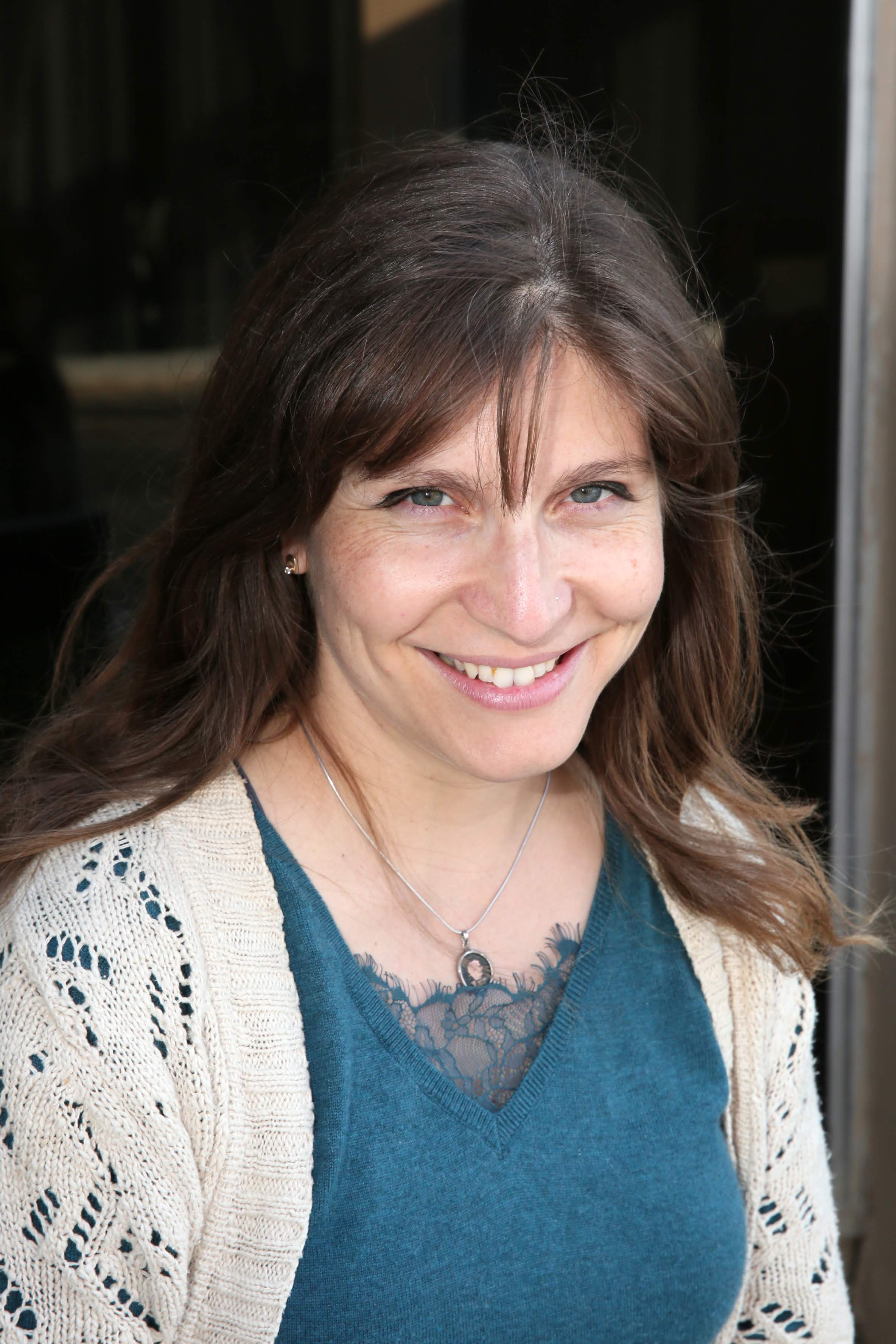
Noa Epstein Tennenhaus
- Alumni
- Israel
- 2010 MBA Management
- Darwin College
I am passionate about communicating powerful messages that matter. Born and raised in Jerusalem, I've developed a long time interest in building a constituency for peace between Israel and its Arab neighbors and contributing towards equality and better relations between Jews and Arabs within Israel. I became active in "Seeds of Peace", a conflict resolution and leadership program, and was awarded a full scholarship to study at the United World College international school in Norway (UWC). After graduating from the Hebrew University with a BA in International Relations Summa Cum Laude, I worked as a Parliamentary Assistant to one of Israel's leading Arab MPs, Dr. Ahmad Tibi, and later held leading positions at Peace Now and the Peres Center for Peace. After receiving my MBA from Cambridge Judge Business School I became CEO of MEET - Middle East Entrepreneurs of Tomorrow, an organization that empowers the next generation of Israeli and Palestinian change-makers through technology and entrepreneurship education. In 2016, on a mission to make exceptional opportunities more accessible, I founded Application Shine, a global consultancy that helps individuals and companies communicate their message brilliantly. Specifically, we help people apply to the most competitive academic programs, scholarships and jobs and offer copywriting and marketing services to startups and companies. ApplicationShine.com
Previous Education
The Hebrew University of Jerusalem
Links
http://applicationshine.com
https://www.facebook.com/noa.epstein.1
https://www.linkedin.com/in/noaepstein
Katherine Epstein
- Alumni
- United States
- 2004 MPhil International Relations
- Pembroke College
Katherine Epstein
- Alumni
- United States
- 2004 MPhil International Relations
- Pembroke College
I'm from Washington, DC, and just graduated from Yale with a B.A. in history. I'm grateful for the opportunity to study at Cambridge and excited for the coming year. I hope to learn about international relations and to pick up the English language while I'm here.
Georgiana Epure
- Alumni
- Romania
- 2016 MPhil International Relations & Pols
- Christ's College
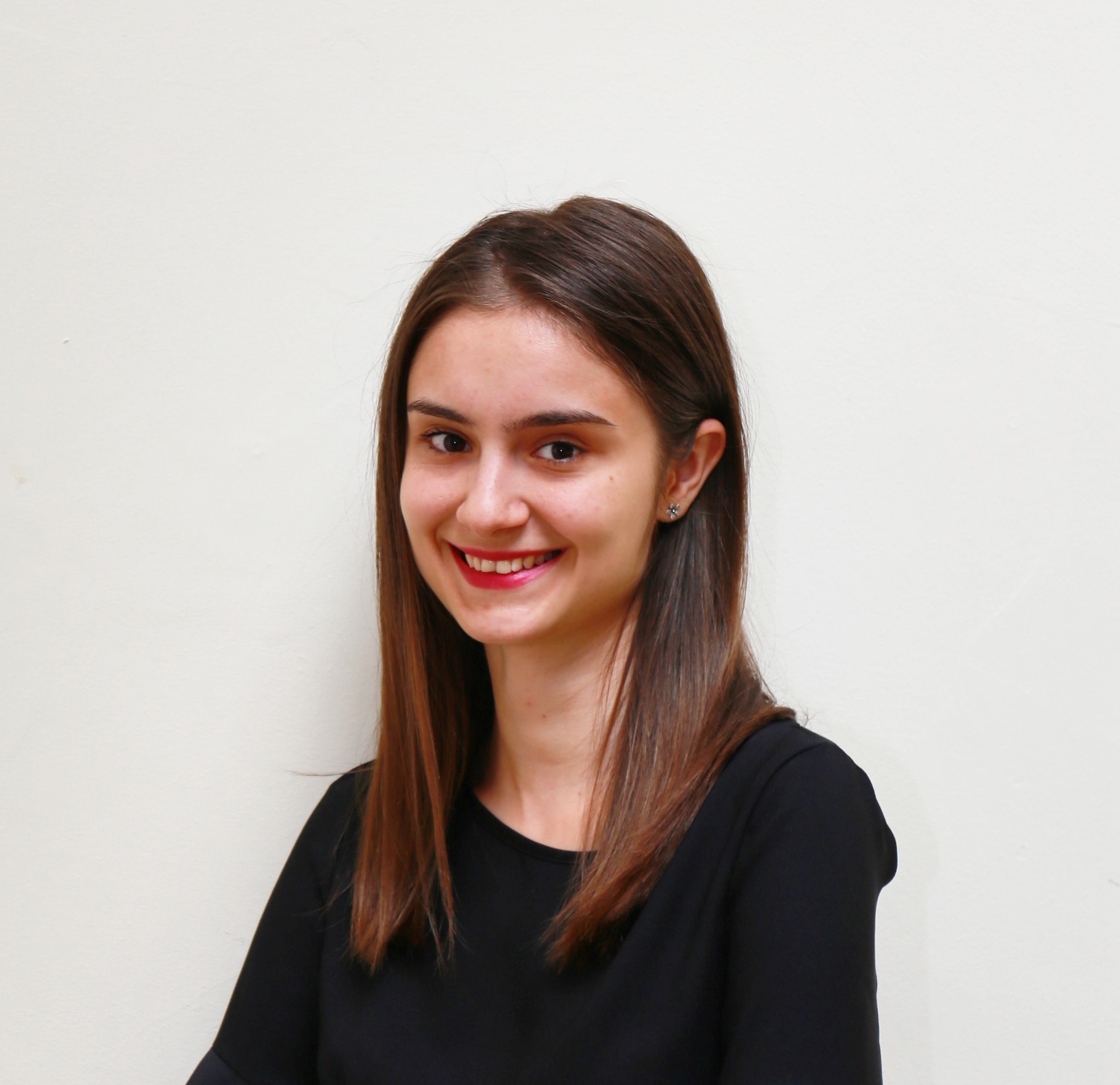
Georgiana Epure
- Alumni
- Romania
- 2016 MPhil International Relations & Pols
- Christ's College
Georgiana Epure is a human rights advocate whose work bridges national and international spaces, advancing rights through both domestic legal strategies and global advocacy. In her work at the Center for Reproductive Rights, she develops and implements national legal strategies to defend and advance sexual and reproductive health and rights across Central and Eastern Europe. Previously, Georgiana led the development and implementation of the global advocacy strategy at Girls Not Brides: The Global Partnership to End Child Marriage; worked on strategic human rights litigation with the Open Society Justice Initiative on a range of issues – ranging from human rights in the context of national security, the right to housing, corporate accountability and vaccine justice during the COVID-19 pandemic to accountability for women's rights violations in Afghanistan; and gained policy and legal experience at the European External Action Service and in the Office of the Prosecutor at the International Criminal Court. She also led advocacy efforts on law reform and policy related to women's rights in Romania with the Association for Liberty and Gender Equality. She holds an MPhil in International Relations and Politics from the University of Cambridge, where she was a Gates Cambridge Scholar, and an MA in Social Science Research Methods from the University of Leeds, funded by an ESRC scholarship. Georgiana also earned her BA in International Relations from the University of Leeds, graduating as valedictorian.
Previous Education
University of Leeds
Simone Eringfeld
- Scholar
- Netherlands
- 2022 PhD Polar Studies
- Jesus College
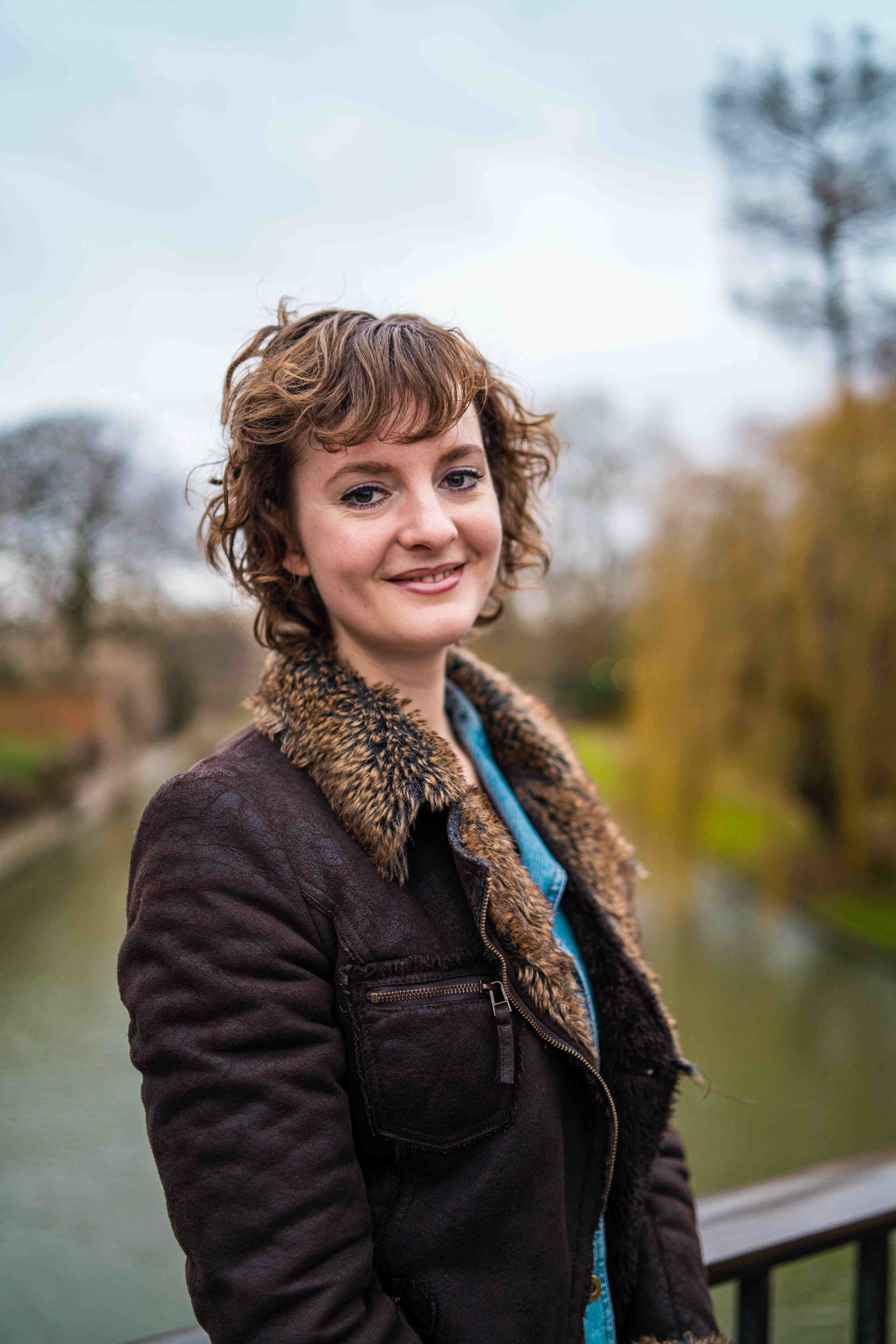
Simone Eringfeld
- Scholar
- Netherlands
- 2022 PhD Polar Studies
- Jesus College
My interest in Antarctica was first triggered when, growing up in the Netherlands, I noticed its absence from the world maps we used in school. I became intrigued by this mysterious blind spot; this blank and ‘silent’ space. At age 18, I made a life-changing trip to Antarctica. Ever since, I’ve been committed to expanding public knowledge about Antarctica. For my undergraduate studies, I completed 3 BA degrees at once, in Philosophy, Literary Studies, and International Relations. This multidisciplinary background helped me understand the extent to which storytelling shapes our worldview. And the stories we tell about Antarctica tend to be dominated by the archetype of the heroic white male explorer. My PhD will investigate how we can shift public perception of Antarctica, by amplifying the underrepresented narratives and muted voices that also form part of Antarctica’s diverse (hi)story. During my MPhil in Education at the University of Cambridge, I began to use podcasting to create participatory platforms for public reflection about future-making. For my PhD, I will use podcasting and soundscaping as sonic methods to capture Antarctica’s polyvocality, in order to start foretelling more inclusive and sustainable Antarctic futures.
Previous Education
University of Cambridge Education 2021
University of Amsterdam Literary and Cultural Studies & Philosophy 2019
University of London International Relations 2019
Isil Erol
- Alumni
- Turkey
- 2001 PhD Land Economy
- Downing College

Isil Erol
- Alumni
- Turkey
- 2001 PhD Land Economy
- Downing College
Sebhat Erqou
- Alumni
- Ethiopia
- 2006 PhD Public Health & Primary Care
- Downing College
Sebhat Erqou
- Alumni
- Ethiopia
- 2006 PhD Public Health & Primary Care
- Downing College
Having completed my trainings in medicine and epidemiology, I am engaged in clinical and research works, and hope to make a positive impact on societal health. My research work focuses on cardiovascular disease risk factors, outcomes of chronic infectious diseases such as HIV, and the inter-relationship between the two.
Jumana Esau
- Alumni
- United States
- 2020 MPhil English Studies
- Emmanuel College
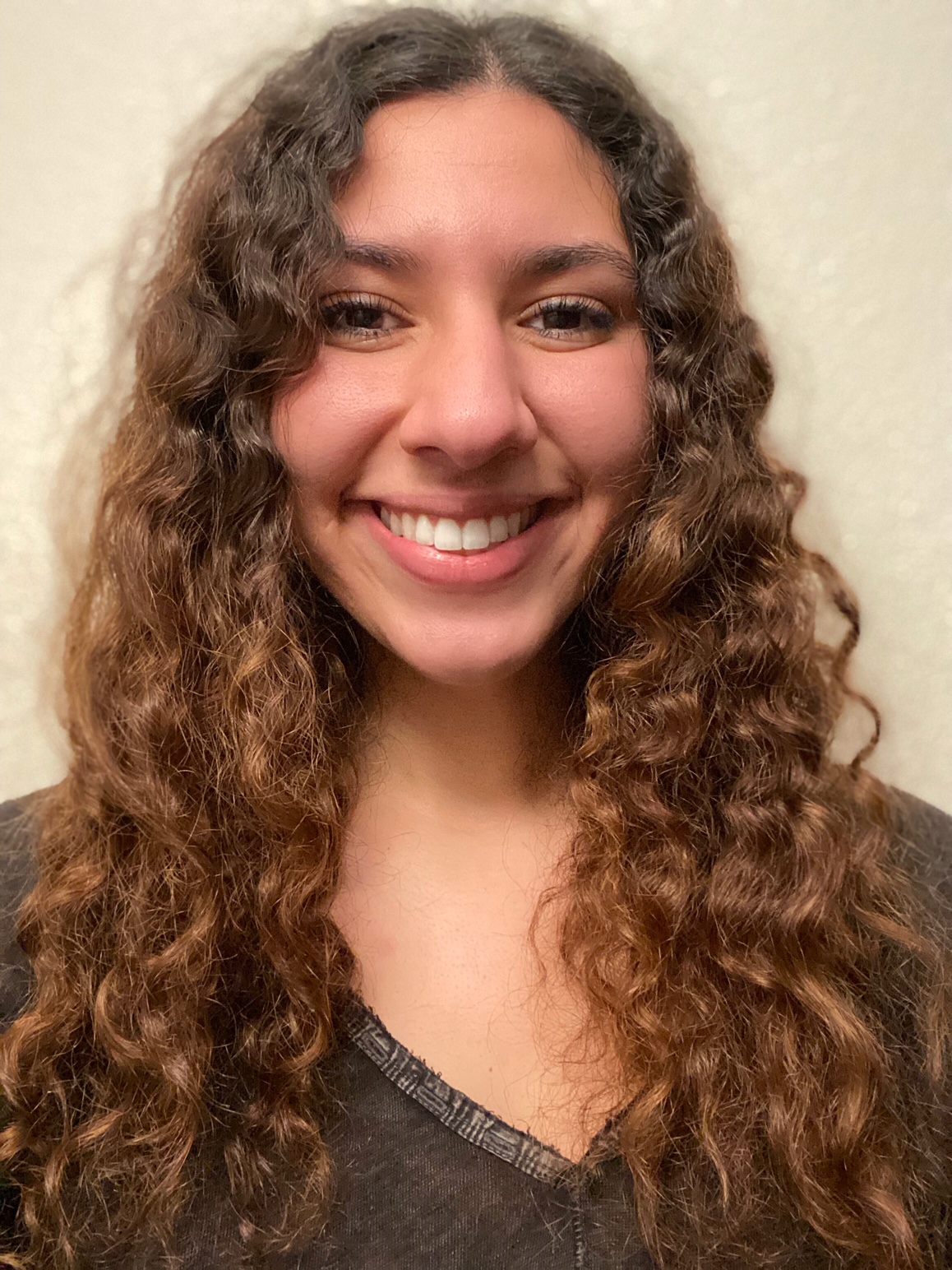
Jumana Esau
- Alumni
- United States
- 2020 MPhil English Studies
- Emmanuel College
As a Palestinian-American dividing my time between Jordan and the United States, I have always struggled with living on the margins. However, fiction provided a sense of belonging and stability in my life, later influencing my study of English literature at UC Davis. During my time as an English major, I searched for Arab representation in the novels that I read. While taking a Climate Fiction course, I realized that my culture was not being represented in the climate narrative. The Jordan River is being siphoned off and I am watching my country gradually evaporate, yet there are no works of climate fiction that address these issues. As part of my undergraduate thesis, I examined how authors grapple with climate change while trying to represent marginalized communities. Through the MPhil in English Studies: Criticism and Culture, I hope to further engage with this interdisciplinary research, since climate change is intricately woven with colonialism. I believe that creating a dialogue between science and literature, while giving a platform to disenfranchised communities, is essential for tackling anthropogenic climate change.
Previous Education
University of California Davis English 2020
Maria Jose Espinosa Castañeda
- Scholar
- Colombia
- 2025 PhD Spanish and Portuguese
- Trinity Hall
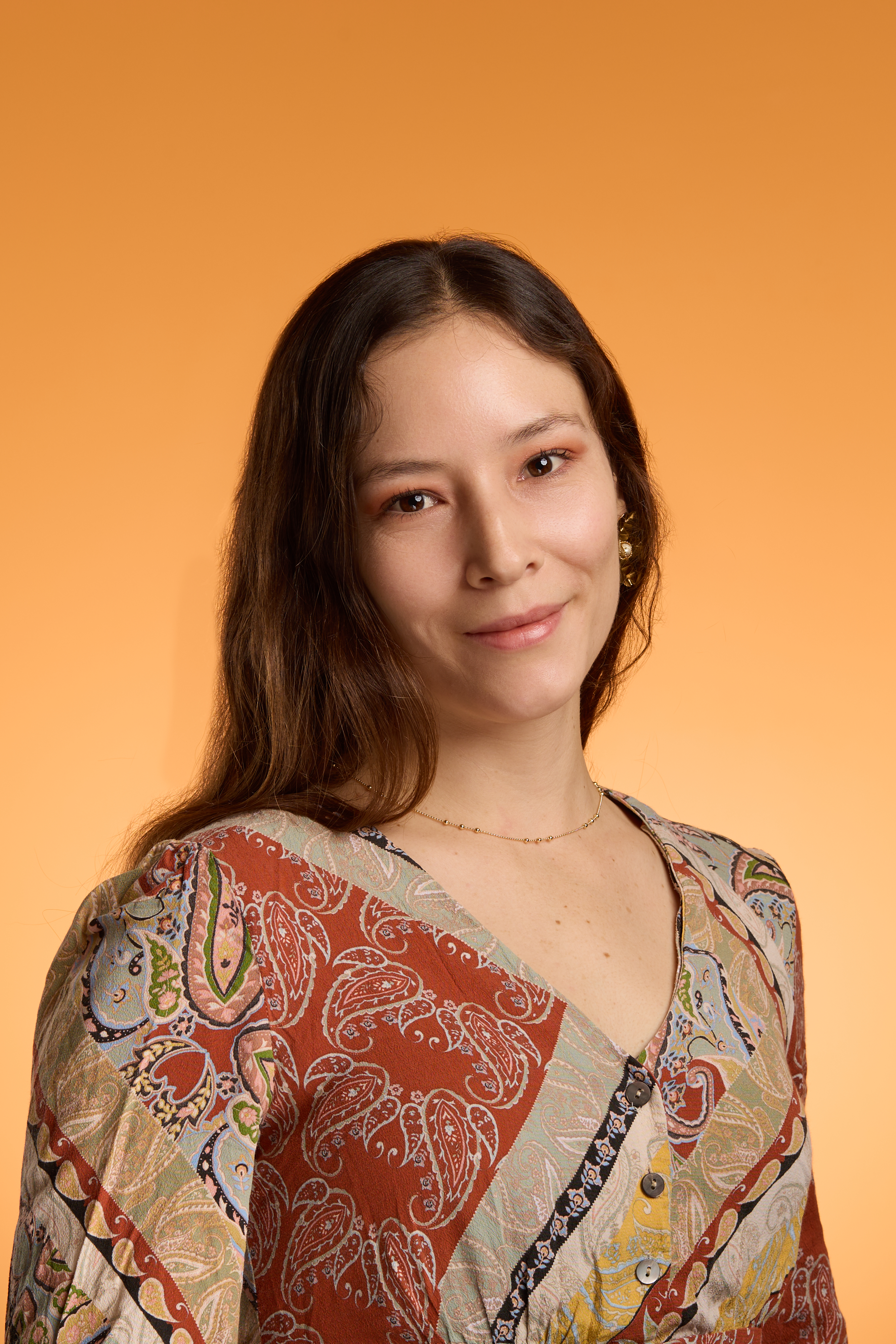
Maria Jose Espinosa Castañeda
- Scholar
- Colombia
- 2025 PhD Spanish and Portuguese
- Trinity Hall
I am drawn to literature for its profound engagement with every aspect of life, from the existential to the everyday, and for its capacity to bring forth alternative ways of existence. In my MPhil dissertation at Cambridge, I explored the concept of spatial dignity in the way marginalised subjects conceived and practiced space in Mexico during the Porfiriato. For my PhD project, I aim to challenge prevailing notions of the Latin American desert as an empty, desolate space, and to interrogate how such representations have contributed to the disposability of both human and non-human life. Bringing together contemporary Latin American texts and diverse aesthetic forms, I explore how imaginaries of emptiness have underpinned extractivism, epistemicide, and the dehumanisation of migrants. I believe the stories we tell are inextricably linked to our epistemological and affective engagements with the world, placing literature in a unique position to stir the imagination and reshape our collective consciousness.
Previous Education
Universidad de Los Andes Literature
University of Cambridge ELAC








